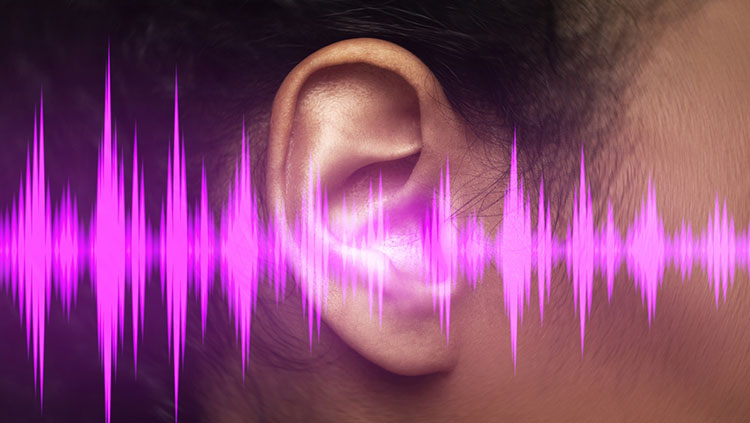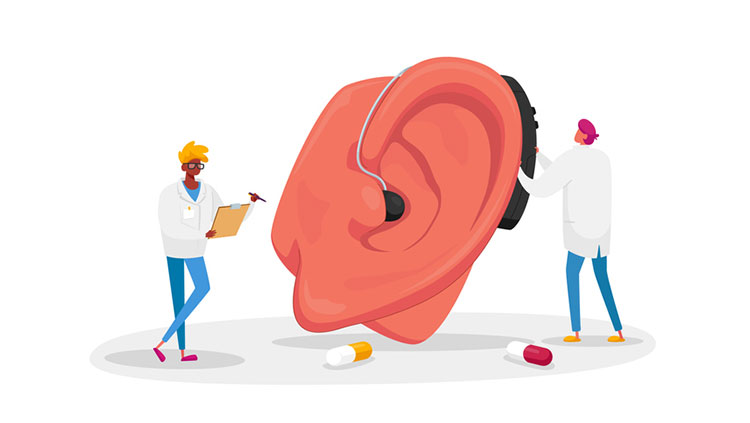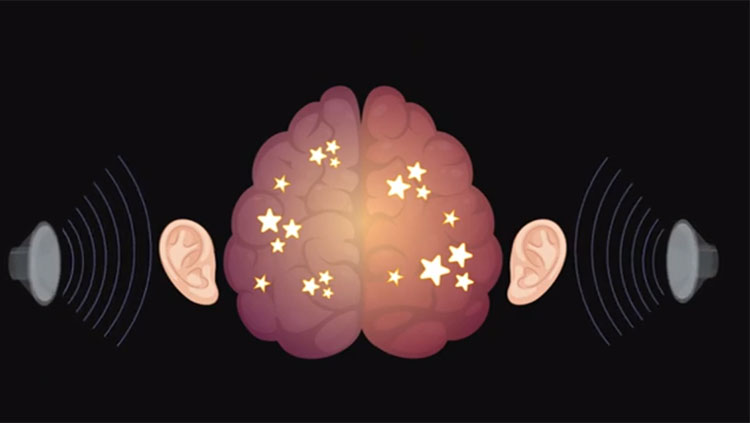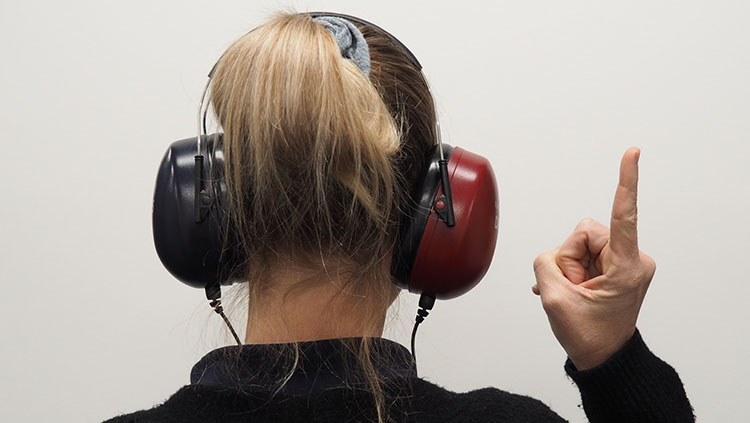You don’t have to be a musician to reap the benefits of music. Enjoying music activates a slew of brain regions, including areas involved in hearing, movement, reward, and emotion. It also reduces anxiety, improves attention, and triggers the release of feel-good chemicals called endorphins.
This video is from the 2020 Brain Awareness Video Contest.
Created by Jessica Guo
CONTENT PROVIDED BY
BrainFacts/SfN
Transcript
Music is all around us. Whether you’re a professional musician, or you just enjoy listening to music during workouts or when you wake up, music likely influences you every day.
Music can play a role in mood, learning, brain development, and even your health. Neuroscientists used to believe that music only impacts the right hemisphere of the brain, which is involved in art and other creative activities. However, recent findings show us that music affects regions throughout the entire brain.
One of the most common effects of music is that it can alter our mood and feelings. Dopamine is a chemical that causes a feeling of happiness or satisfaction. In a 2019 study, scientists were able to change the subjects’ view on music by stimulating or inhibiting dopamine release. From this, they were able to conclude that music directly caused the release of dopamine through the brain.
When you listen to music you enjoy, a state of excitement and pleasure is triggered because of this dopamine release. When listening to your favorite part of a song, you experience around the same pleasure as you would from eating food, doing drugs, or having sex. If you’re already having a good day, listening to music can amplify that happiness. Listening to music also produces oxytocin, increasing your emotional understanding and creating peak emotions.
Music can affect our exercise because as our body becomes tired and wants to stop exercising, our body sends signals to the brain to stop and take a break. Listening to music competes for the brain’s attention and can help us overcome those feelings of fatigue. Not only does music help us exercise longer and harder by helping us push through the pain, it can actually help us use our energy more efficiently. A 2012 study showed cyclists who listened to music required 7% less oxygen to do the same work as those who cycled in silence.
Neuroscientists have made enormous breakthroughs in understanding how our brains work by using machines like an fMRI, which stands for Functional Magnetic Resonance Imaging. They saw that when listening to music, multiple regions of the brain were engaged, but when musicians played music, the entire brain was used. So, while listening to music affects some interesting parts of the brain, playing music is the brain’s equivalent to a full body workout.
When comparing MRIs, a 2003 study found that professional musicians, which were people who played 1 or more hours of music every day, amateur musicians, which were people who played less than 1 hour of music every day, and non-musicians, which were people who never picked up an instrument, have structurally different brains.
There was a positive correlation between musician status and gray brain matter, meaning that on average, the more experienced the musician, the higher their gray brain matter was. Increased gray brain matter leads to increased motor skills, auditory processing (which is the ability to understand speech), learning, and memory. In essence, this shows that musicians tend to have bigger, more connected, and more sensitive brains.
Taking a look at the direct impact of music on the brain, different areas of your brain are engaged because of different tasks. The auditory cortex is engaged when you listen to sounds and perceive and analyze tones. The motor cortex and cerebellum are engaged when you’re tapping your foot, snapping your fingers, clapping your hands, or playing an instrument. The nucleus accumbens, amygdala, and cerebellum are engaged when you react emotionally to music, and the visual cortex is engaged when you read music and assess a performer or your own movements. Also, the prefrontal cortex is engaged because it controls your behavior, expectations, expression, and decision-making. The sensory cortex is engaged because it controls tactile feedback while playing instruments or dancing, and your hippocampus is engaged through music memories, experiences, and context. Overall, the left hemisphere analyzes the music, while the right processes the emotions towards the music you are listening to.
Additionally, music reduces stress and anxiety, which reduces symptoms of depression. It improves attention, which helps the brain anticipate events; music increases neuroplasticity, which helps the brain recover after injury. It protects the aging brain, which improves cognitive ability. Music releases endorphins, which eases pain and stabilizes the immune system; and it improves the quality of sleep, which also reduces depression.
You don’t need to be a musician to enjoy music and achieve benefits, so pick a song and start listening. And remember, music is all around us, all you have to do is listen.

















